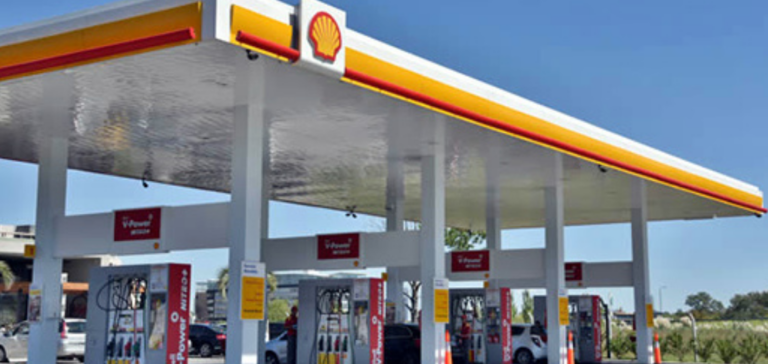Shell has taken legal action against Greenpeace to claim $2.1 million in damages after the environmental organization’s activists stormed the company’s offshore oil production vessel this year. Greenpeace activists climbed aboard the ship in January near the Canary Islands off the Atlantic coast of North Africa to protest against oil drilling, and traveled on board to Norway.
Greenpeace actions
In an e-mail to Reuters, Shell confirmed that legal proceedings were underway, without commenting on the amounts claimed. A Shell spokesman said that climbing a moving ship at sea was “illegal and extremely dangerous”. He added that the right to demonstrate was fundamental and Shell fully respected it, but it had to be exercised in a safe and legal manner.
The vessel was destined for the Penguins oil and gas field in the North Sea, which is not yet in production. Four Greenpeace activists used ropes to climb aboard the ship from inflatable boats chasing at high speed. Demonstrations at sea against oil, gas and mining infrastructures have long been part of Greenpeace’s operations.
Shell’s lawsuit
The damages Shell is claiming include costs related to shipping delays, additional security expenses, as well as legal fees, according to a document seen by Reuters. “The claim is one of the greatest legal threats to the Greenpeace network’s ability to campaign in the organization’s more than 50-year history,” Greenpeace said in a statement. The group said that Shell had offered to reduce its damages claim to $1.4 million if Greenpeace activists agreed to stop protesting against Shell’s oil and gas infrastructures at sea or in port. Greenpeace said it would only do so if Shell complied with a 2021 Dutch court order requiring a 45% reduction in its emissions by 2030, an order Shell has challenged.
Environmental issues
A claim for additional damages of around $6.5 million from one of Shell’s subcontractors, Fluor, remains outstanding, according to the document consulted by Reuters. Fluor did not immediately respond to a request for comment. Shell and Greenpeace have held negotiations since the complaint was filed, but talks ended in early November, Greenpeace said, adding that it was now waiting for Shell to file new documents with the court. Greenpeace said it would then consider its next steps, including ways of preventing the case from going ahead.
By taking Greenpeace to court for substantial damages, Shell is seeking to protect its interests and ensure compliance with the rules surrounding demonstrations at sea. However, the case also raises broader questions about the environmental responsibility of large corporations and the need to reduce greenhouse gas emissions.






















